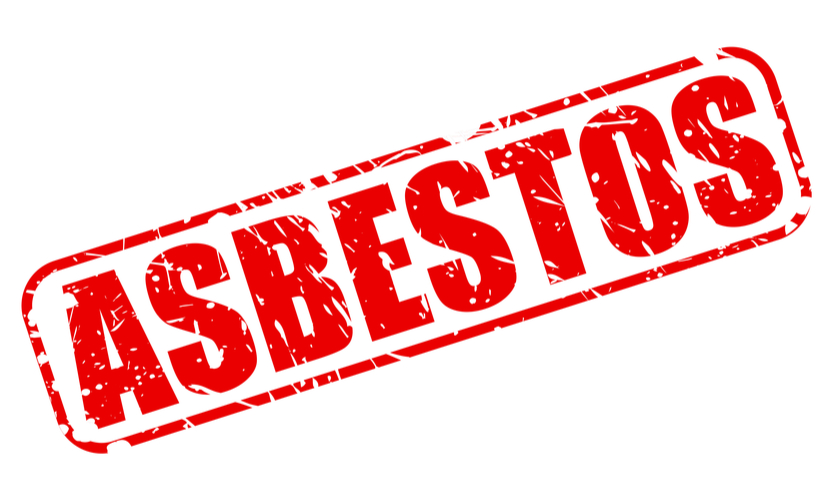The U.S. Supreme Court unanimously ruled on Thursday that an insurer has the right to object to a company’s bankruptcy settlement involving asbestos mass tort claims.
This decision overturns a previous ruling by the 4th U.S. Circuit Court of Appeals in Richmond, Virginia, in the case of Truck Insurance Exchange v. Kaiser Gypsum. The appellate court had determined that the insurer could not object to the settlement because it was deemed insurance neutral.
Justice Sonia Sotomayor, writing for the Supreme Court, stated, “The fact that Truck’s financial exposure may be directly and adversely affected by a plan is sufficient to give Truck a right to voice its objections.”
Kaiser Gypsum filed for bankruptcy in September 2016 due to facing 38,000 asbestos injury lawsuits dating back to 1978. In August 2021, a federal bankruptcy judge in Virginia approved its Chapter 11 reorganization plan, which included establishing a $50 million settlement trust for asbestos injury claims.
Truck Insurance Exchange, a unit of Farmers Group Inc., provided commercial general liability policies to Kaiser Gypsum from the 1960s until 1983. The focus of Truck’s objection was a 1974 policy that offered $500,000 in coverage per claim with no aggregate limit.
Despite Truck’s attempts, both a federal judge in Richmond and the 4th U.S. Circuit Court of Appeals ruled that it did not have standing to object to the reorganization plan. Truck argued that it potentially faced the financial burden of 14,000 insured claims against Kaiser Gypsum and that only uninsured claims had fraud-prevention measures.
The Supreme Court emphasized that “broad participation promotes a fair and equitable reorganization process,” highlighting that insurers like Truck, who have financial responsibility for bankruptcy claims, are indeed parties in interest.
The high court noted that neither Kaiser Gypsum nor the asbestos claimants have an incentive to limit the defense and payment of injury claims. Truck, however, “may well be the only entity with an incentive to identify problems with the plan,” it stated.
Justice Alito did not participate in the consideration or decision of the case.
Allyson N. Ho of Gibson Dunn & Crutcher, representing Truck, expressed satisfaction with the ruling: “We’re very pleased that the Supreme Court unanimously held that insurers have a direct and obvious interest in their insured’s reorganization, and so have a broad right to be heard in bankruptcy cases.”
Representatives for Kaiser Gypsum did not respond to requests for comment.

